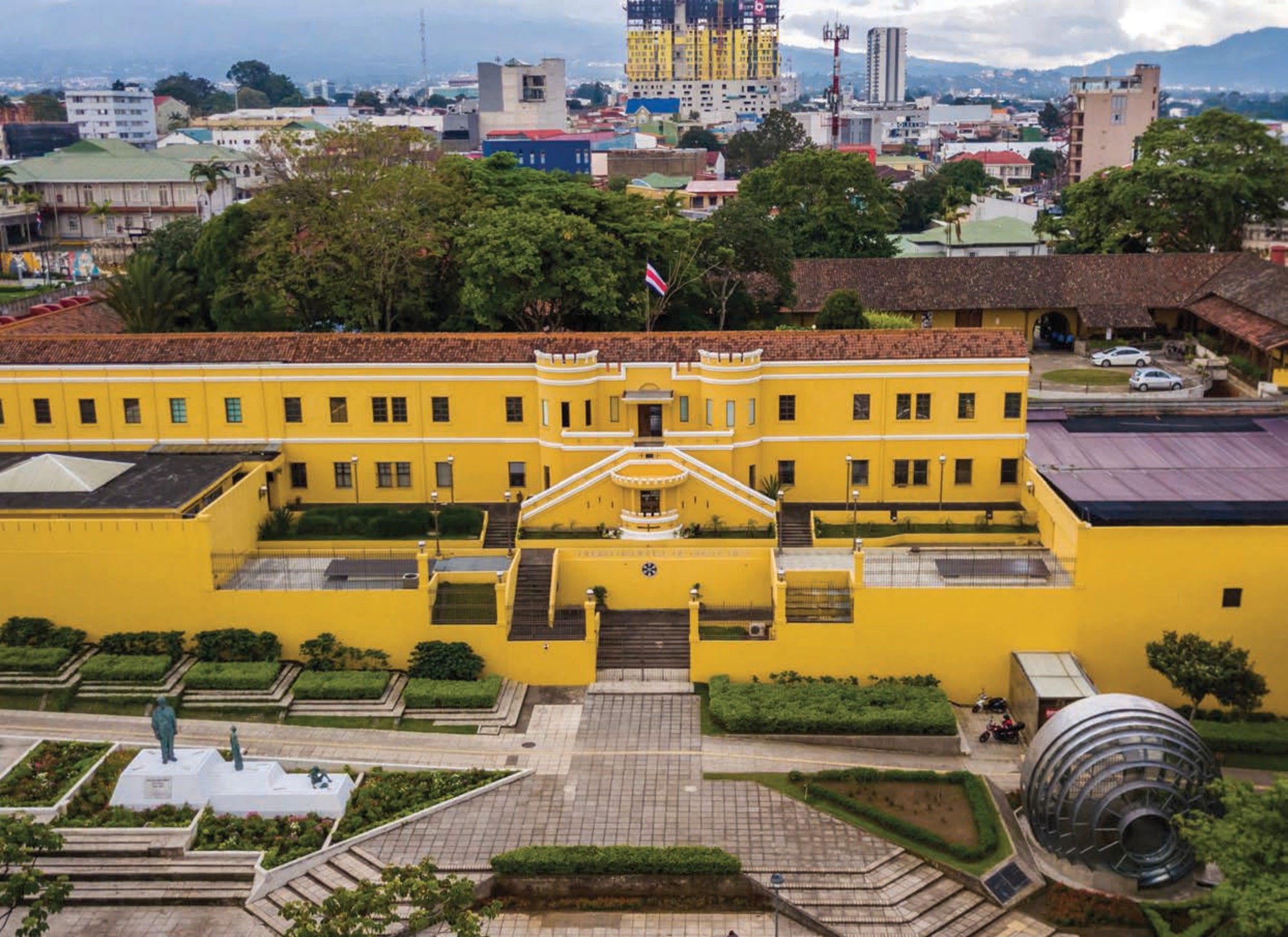The report was prepared by the Directorate of Public Governance under the leadership of Elsa Pilichowski, OECD Director for Public Governance (GOV), and Julio Bacio Terracino, Head of GOV’s Public Sector Integrity Division. The report was co-ordinated by Frédéric Boehm. Chapters were drafted by Alice Berggrun, Pauline Bertrand, Frédéric Boehm, Giulio Nessi, Pelagia Patsoule and Santiago Wortman Jofre. Carissa Munro, Laura Uribe and Rodrigo Bolaños provided invaluable support, comments and inputs. Editorial and administrative assistance was provided by Meral Gedik.
The OECD wishes to thank the European Commission for the financial support through the Regional Facility for Development in Transition in Latin America and the Caribbean as well as the EU Delegation in Costa Rica for their support during the implementation of the project.
The OECD thanks in particular the leadership of the Attorney for Public Ethics (Procurador de la Ética Pública), the Ministry of National Planning and Economic Policy (Ministerio de Planificación Nacional y Política Económica, MIDEPLAN) and the Ministry of Foreign Trade (Ministerio de Comercio Exterior de Costa Rica, COMEX) for making this Integrity Review possible. The support and guidance from the Attorney for Public Ethics, Armando López Baltodano, as well as from Evelyn Hernández Kelly and the PEP team, were key in ensuring the success of this review in a time marked by the COVID-19 outbreak. The OECD expresses its gratitude to all the actors from the public sector, civil society and business who participated in the virtual interviews for the fact finding and thus generated key insights that informed the analysis and the recommendations: The Training and Development Center (Centro de Capacitación y Desarrollo), the National Commission for Ethics and Values (Comisión Nacional de Ética y Valores), the National Open State Commission (Comisión Nacional por un Gobierno Abierto), the Institutional Commission on Ethics and Values of the Legislative (Comisión Institucional de Ética y Valores de la Asamblea Legislativa), the Institutional Commission on Ethics and Values of the Judiciary (Comisión Institucional de Ética y Valores del Poder Judicial), the Advisory Board of Judicial Ethics (Consejo Asesor de Ética Judicial), the Office of the Comptroller General of the Republic (Contraloría General de la República), the Office of the Ombudsman (Defensoría de los Habitantes de la República de Costa Rica), the Department of Civic Participation of the Legislative (Departamento de Participación Ciudadana de la Asamblea Legislativa), the General Directorate of Civil Service (Dirección General del Servicio Civil), the Deputy Prosecutor for Probity, Transparency and Anti-Corruption (Fiscalía Adjunta de Probidad Transparencia y Anticorrupción), the Costa Rican Institute on Drugs (Instituto Costarricense de Drogas), the Municipal Development and Advisory Institute (Instituto de Fomento y Asesoria Municipal), the Institute for Training and Studies on Democracy of the Supreme Electoral Tribunal (Instituto de Formación y Estudios en Democracia del Tribunal Supremo de Elecciones), the Institute for Training, Municipal Capacity-Building and Local Development (Instituto de Formación y Capacitación Municipal y Desarrollo Local de la Universidad Estatal a Distancia), the Ministry of the Presidency (Ministerio de la Presidencia), the MIDEPLAN, the Compliance Office of the Judiciary (Oficina de Cumplimiento del Poder Judicial), the Attorney General (Procurador General) and the Vice Attorney General (Procuradora General Adjunta), the Technical Secretariat of Ethics and Values of the Judiciary (Secretaría Técnica de Ética y Valores del Poder Judicial), the Civil Service Tribunal (Tribunal Administrativo de Servicio Civil) and the Supreme Electoral Tribunal (Tribunal Supremo de Elecciones).
Evelyn Villareal (Costa Rica Íntegra), Esteban Mora-Martínez (Centro de Investigación y Capacitación en Administración Pública, Universidad de Costa Rica) provided invaluable insights and feedback on draft versions of the review. The OECD is grateful for the insights shared by the Costa Rican American Chamber of Commerce (AMCHAM), the Union of Chambers and Private Sector Enterprises of Costa Rica (Unión Costarricense de Cámaras y Asociaciones del Sector Empresarial Privado, UCCAEP), the Anti-corruption Commission of the International Chamber of Commerce (ICC) of Costa Rica and the World Compliance Association (WCA) Costa Rica.
In addition, the OECD carried out four virtual focus groups: With responsible officials for disciplinary measures, with internal auditors, with Institutional Commissions on Ethics and Values and with representatives from the civil society and academia. The OECD further thanks Carolina Souto Carballido, from the Office of the Comptroller General of the Union of Brazil (Controladoria Geral da Uniao, CGU) for peer-reviewing chapters, as well as the peers facilitated by the OECD who participated in webinars: Liliana Caballero (Colombia), Daniella Carrizo (Chile) and Carolina Souto Carballido (Brazil), or in bilateral exchanges with Costa Rica to exchange experiences and challenges in relation to the development of national integrity strategies: the National Anticorruption Secretariat of Paraguay (Secretaría Nacional Anticorrupción, SENAC) and the Public Integrity and Transparency Commission of Chile (Comisión de Integridad Pública y Transparencia).
